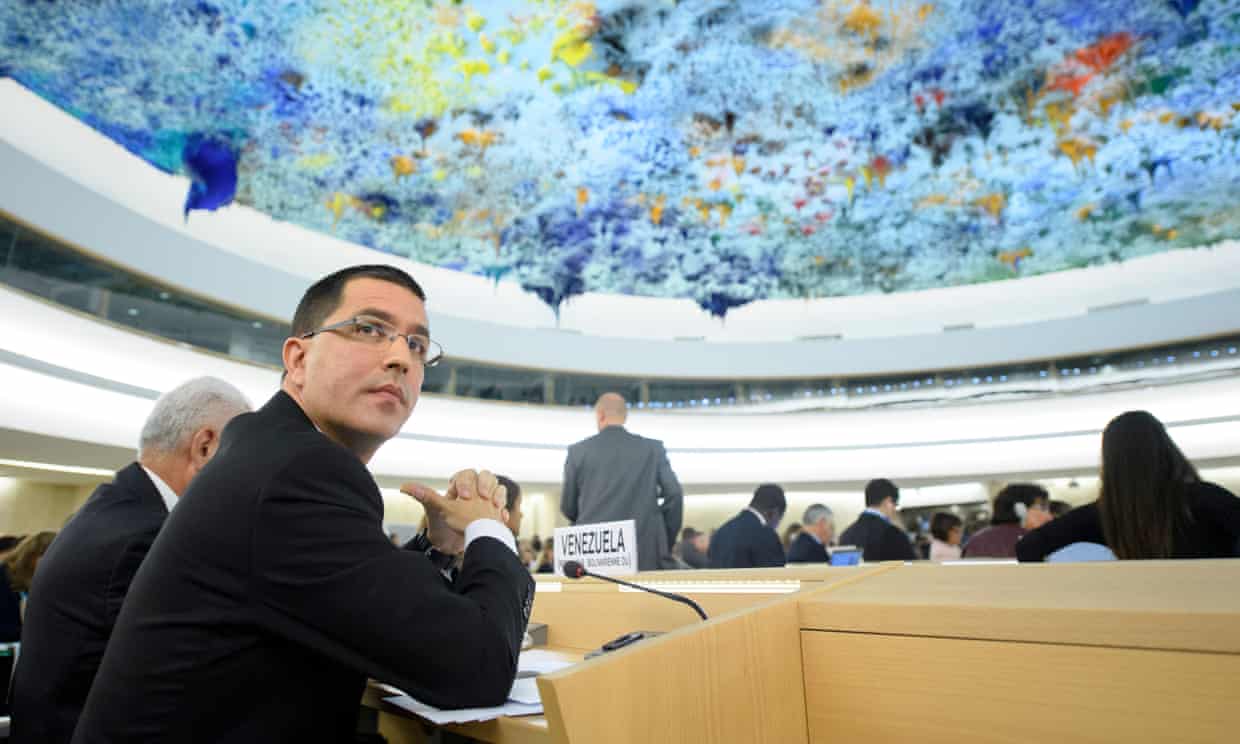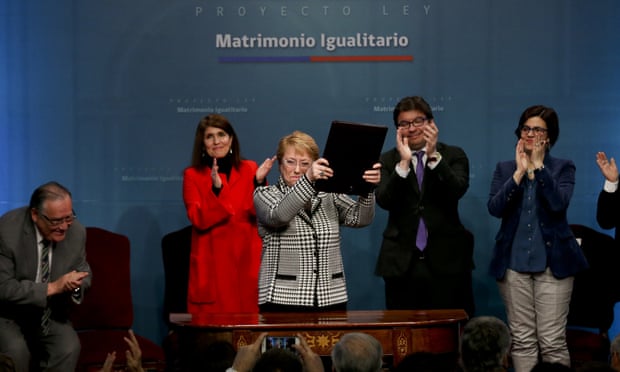By Matthew Sneed
Impunity Watch Reporter, The Middle East
Kabul, Afghanistan – On Wednesday, September 6, the United States issued an apology for a recent distribution of “highly offensive” leaflets. Tuesday night, troops dropped the leaflets over homes in the Parwan Province. The leaflet displayed the image of a lion chasing a dog. The lion symbolized the U.S. forces while the white dog represented the Taliban.
On the picture were the words “Get your freedom from these terrorist dogs,” and “Help the coalition find these forces and eliminate them.” However, the source of the anger stemmed from the writing on the dog. The writing was meant to be a depiction of the Taliban flag; however, the Taliban prints the Shahada on their flag. The Shahada is the most common prayer in the Muslim faith. It says, “There is no god but God, and Muhammad is his prophet.”
The dog is viewed as an unclean animal and placing the holy saying on an unclean animal sparked outrage in the region. During the sermon on September 8, Muhammad Ayaz Niazi, the imam, criticized the actions of US forces and stated, “You have disrespected the feelings of 1.8 billion Muslims and all they hold sacred,” and added, “Those who have committed this grave crime are trying to test our people, to see if they are dead or alive. We promise to defend our values, defend our religion, defend our soil.”
The leaflets not only angered the community but provoked a deadly response as well. On September 6, a suicide bomber attacked the U.S. military base in Afghanistan. The explosion wounded three U.S. solders, three Afghan soldiers, and killed an Afghan reporter. The Taliban claimed responsibility for the attack the same day. Spokesman Zabihulla Mujahid took to Twitter and said the attack was to “avenge” the leaflets.
This is not the first culturally insensitive action link to U.S. troops. In 2012, troops burned several copies of the Qur’an while destroying damaged books and texts from Bagram airfield library. This resulted in protests the led to the death of several civilians. Troops also have a history of violating other customs such as unleashing dogs on villagers and searching through women’s bedrooms.
In his statement to the press, Major General James Linder, the U.S. special operations commander in Afghanistan, apologized for the leaflets. He stated there was “no excuse for this mistake,” and that he would “make appropriate changes so this never happens again.”
For more information please see:








